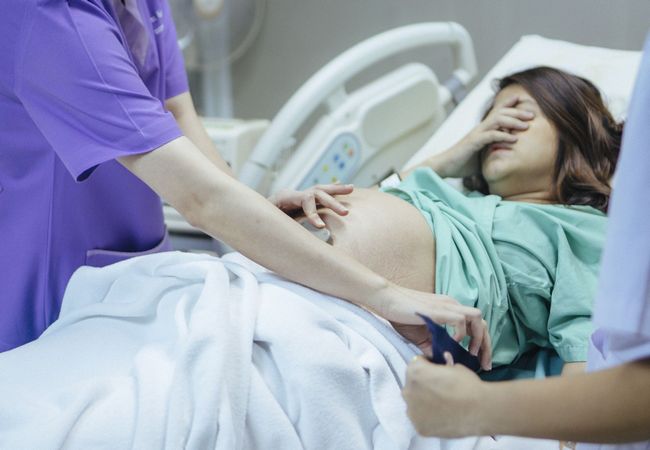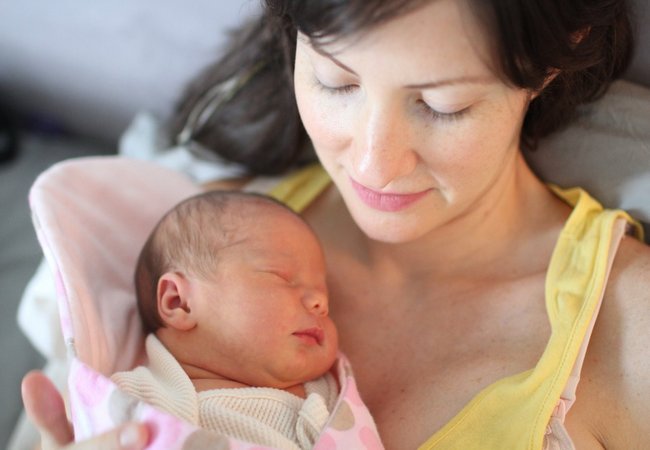Postpartum Psychological Changes and Their Nursing Care
Postpartum Psychological Changes and Their Nursing Care What is Postpartum Period? The postpartum period is usually considered the interval extending from the birth of the baby until 6 weeks after. It is the 6 weeks interval between the birth of the newborn and the rectum of the reproductive organs to their normal non-pregnant state. The postpartum […]
Postpartum Psychological Changes and Their Nursing Care Read More »










